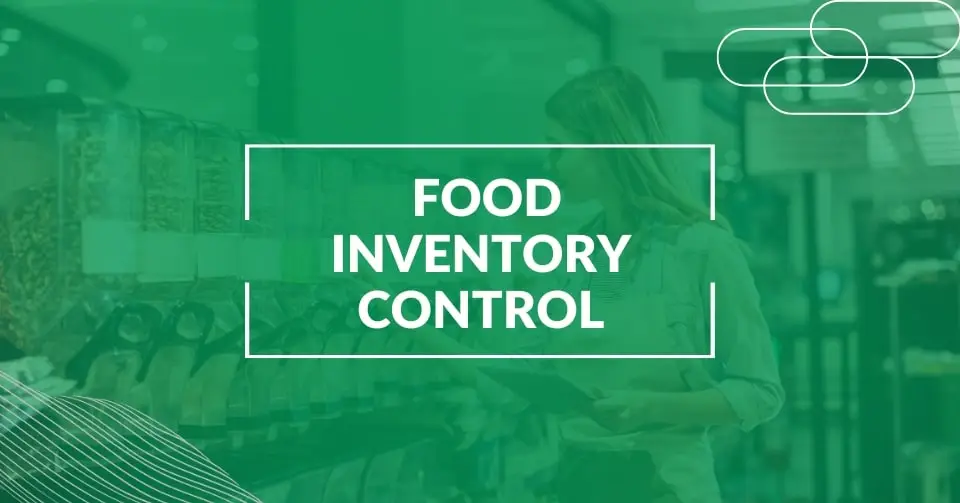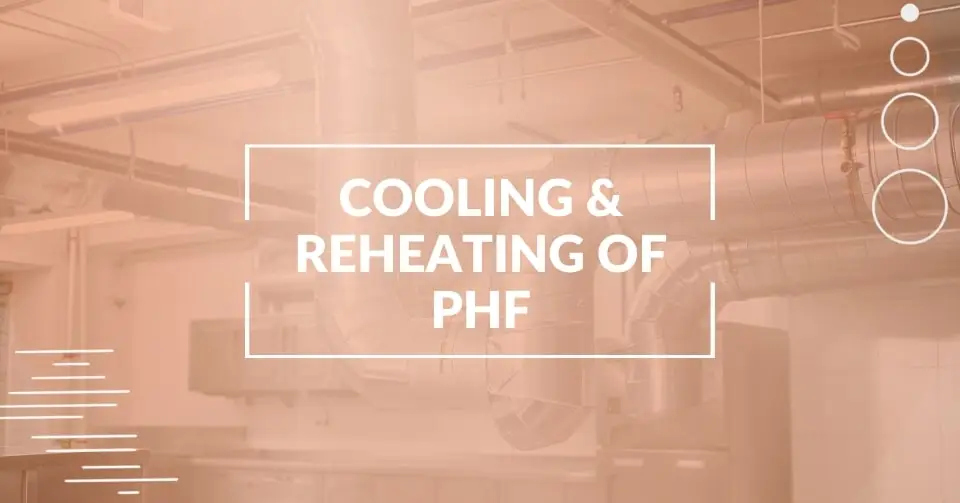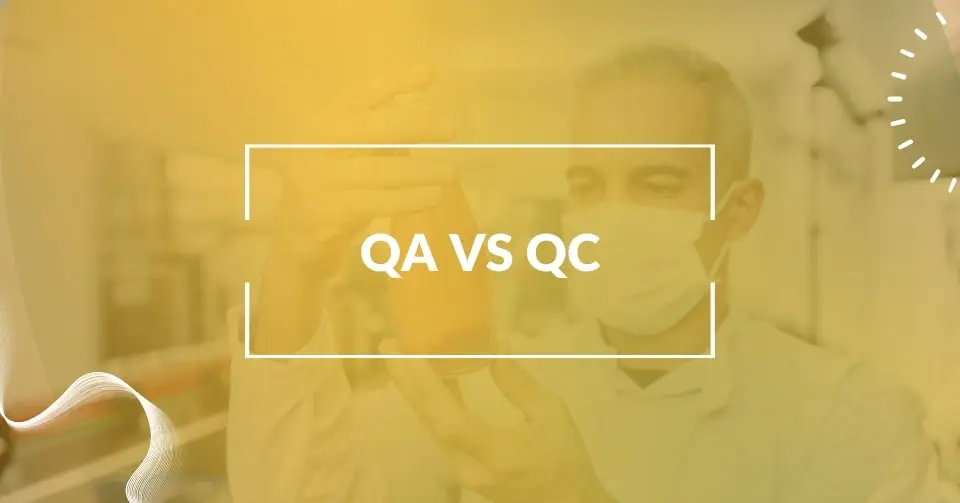Cooling is vital in the food supply chain to ensure safety and quality for Raw Agricultural Commodities (RACs). This step in the supply chain prevents the growth of harmful bacteria and maintains the integrity of perishable products.
Effective cooling strategies are essential in preventing foodborne illnesses and preserving the nutritional value of food products, making it a key area of focus in food safety regulations.
Under the Traceability Rule (FSMA Rule 204), Cooling is identified as a Critical Tracking Event (CTE).
The FDA has defined Cooling as active temperature reduction of a raw agricultural commodity (RAC) using hydrocooling, icing (except icing of seafood), forced air cooling, vacuum cooling, or a similar process. This refers to cooling before initial packing.
Cooling businesses must maintain detailed records of cooling processes, including times, temperatures, and methods used. This level of traceability ensures that any potential safety issues can be quickly identified and addressed, helping to maintain the overall safety of the food supply chain.
To comply with this rule while maintaining operational efficiency, businesses need to adopt integrated tracking systems that are both robust and user-friendly.
Try it out today!
This involves balancing the need for detailed record-keeping with the practicalities of day-to-day operations, ensuring that safety is paramount without compromising productivity.
Under the Traceability Rule, cooling operations that handle foods on the Food Traceability List (FTL) must comply with specific recordkeeping requirements. The records for the Cooling CTE for RACs not obtained from a fishing vessel include:
- Records of Cooling Activities: Coolers of raw agricultural commodities (RACs) on the FTL must keep records of their activities and provide information on these activities to the initial packers of these RACs:
- Time and Duration: Accurate logging of when the cooling process starts and ends.
- Temperature Details: Records of temperatures at regular intervals during cooling to ensure products are kept at safe levels.
- Cooling Methods: Specific methods used for cooling, including equipment and techniques.
- Location Information: Where the cooling takes place, particularly if it occurs at different sites.
- Handling Personnel: Identification of personnel responsible for the cooling process.
- Traceability Lot Codes: Farms involved in cooling must also work with First Packers of Raw Agricultural Commodities (RACs) of FTL foods to assign a traceability lot code to the food. This ensures accurate identification of the food as it moves through the supply chain.
Best practices in the cooling process under FSMA Rule 204 include:
- Strict Adherence to Temperature Controls: Implementing precise temperature monitoring and control mechanisms to ensure food products are cooled to the required temperatures promptly and maintained at these temperatures to prevent bacterial growth.
- Timely and Accurate Record-Keeping: Maintaining detailed records of cooling times, temperatures, and methods as mandated by Rule 204. This includes ensuring all data is logged accurately and promptly to facilitate traceability.
- Regular Equipment Maintenance and Calibration: Ensuring that all cooling equipment is regularly maintained and calibrated to function effectively and accurately. This is crucial for maintaining the integrity of the cooling process.
- Employee Training and Awareness: Conducting regular training sessions for employees involved in the cooling process to ensure they understand the importance of their role in food safety and compliance with Rule 204.
- Continuous Improvement and Auditing: Regularly reviewing and updating cooling processes and procedures to enhance efficiency and compliance. Conducting internal audits to ensure adherence to Rule 204 and identifying areas for improvement.
Collaboration with Supply Chain Partners: Working closely with supply chain partners, including initial packers of raw agricultural commodities (RACs), to ensure seamless traceability and compliance throughout the supply chain.
Finally, a Traceability Plan must be established and maintained. This plan should detail the procedures for the maintenance of records under the new requirements and the identification of FTL foods handled.
In conclusion, FSMA Rule 204 significantly impacts the cooling processes within the food industry, emphasizing the critical role of cooling in ensuring food safety.
The rule mandates detailed recordkeeping for cooling as a Critical Tracking Event (CTE), requiring businesses to maintain precise records of cooling times, temperatures, methods used, and other relevant data. Compliance with these requirements poses challenges but also offers opportunities for enhancing food safety and supply chain efficiency.
Best practices under Rule 204 include strict temperature control, meticulous record-keeping, regular equipment maintenance, comprehensive employee training, and the development of robust traceability plans. Adhering to these practices not only ensures regulatory compliance but also bolsters consumer confidence in food safety standards.
At FoodReady, our commitment goes beyond just updating our customers about new regulations. Our FSMA 204 consultants are dedicated to providing effective solutions that help ensure full compliance with the latest requirements.
Discover more about how FoodReady can assist you in complying with FSMA Rule 204, which mandates additional traceability records for certain foods.
FAQs
To be compliant under FSMA Rule 204, a cooling method must enable precise temperature control and monitoring, ensure rapid cooling to required levels, and facilitate detailed and timely record-keeping of all cooling activities.
Small-scale operations must also adhere to the traceability requirements of Rule 204, potentially necessitating investments in technology for detailed record-keeping and compliance management, which can be challenging but crucial for food safety.
Yes, digital tools and integrated tracking systems are essential for enhancing compliance. They help in accurate, real-time record-keeping, temperature monitoring, and maintaining detailed logs of cooling operations, which are critical under Rule 204.
Non-compliance can result in FDA enforcement actions, including fines, product recalls, or even facility shutdowns. Ensuring compliance is vital to avoid these penalties and maintain a reputable business operation.
Regular calibration is mandated to ensure accuracy in temperature controls and monitoring systems. Best practices suggest calibration at least annually, or more frequently depending on the equipment usage and manufacturer’s recommendations.






